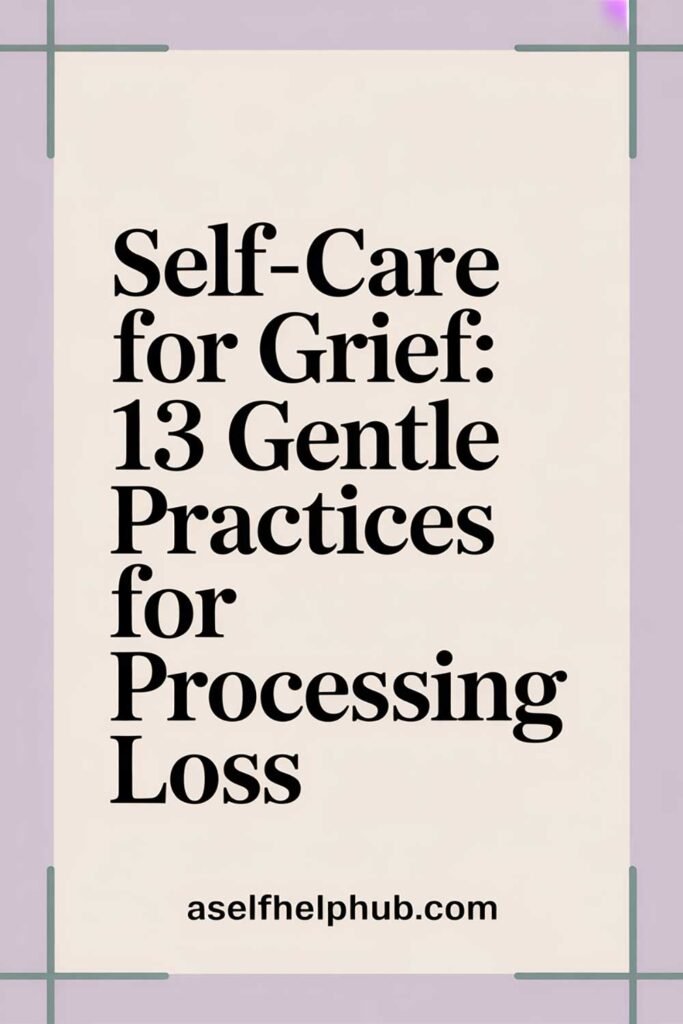14 Steps to Create a Solid Financial Plan for Your Future
Creating a strong financial future doesn’t happen by accident. It requires vision, clarity, and most importantly—a detailed, actionable plan. Whether you’re saving for retirement, paying off debt, or simply trying to make your money work smarter, building a personalized financial plan is the foundation for long-term success and peace of mind.

In this guide, we’ll walk you through 14 practical steps to create a rock-solid financial plan that puts you in control of your money, your goals, and your future.
1. Define Your Financial Goals
Before making any plan, you need to know what you’re aiming for. Do you want to retire early? Buy a house? Start a business? Pay off all debt?
Real-Life Example:
Sarah, a 35-year-old teacher, wrote down her top 5 goals: pay off student loans, build a $50,000 retirement fund, save for a home, travel annually, and be debt-free by 50. Writing these goals made them real and measurable.
2. Assess Your Current Financial Situation
Analyze your income, expenses, savings, debt, and assets. Without a clear snapshot of where you stand, it’s hard to know how far you have to go.
Real-Life Example:
Jake, a freelance designer, tracked three months of his income and spending using a budgeting app. He was shocked to see how much he spent on takeout and subscriptions. This insight helped him restructure his finances.
3. Create a Budget You Can Actually Stick To
A budget is the roadmap of your financial plan. Choose a method that fits your lifestyle (50/30/20 rule, envelope method, zero-based budgeting, etc.).
Real-Life Example:
Tina used the zero-based budgeting method and found that allocating every dollar gave her control over her finances like never before.
4. Build an Emergency Fund
Life is unpredictable. An emergency fund gives you breathing room in case of medical expenses, car repairs, or job loss.
Real-Life Example:
After being laid off, Marcus used his $5,000 emergency fund to stay afloat for two months until he found a new job—stress-free.
5. Tackle High-Interest Debt First
Interest is the silent killer of wealth. Focus on paying off credit cards and payday loans before lower-interest debts.
Real-Life Example:
Clara paid off her 19% interest credit card debt using the snowball method and saved over $4,000 in interest over two years.
6. Automate Your Savings
Automating your savings ensures consistency and removes the temptation to skip deposits.
Real-Life Example:
Alex set up automatic transfers to his savings and investment accounts every payday. It helped him build a $20,000 cushion in two years.
7. Start Investing Early
The earlier you invest, the more time your money has to grow through compounding.
Real-Life Example:
Lena began investing just $100/month at age 22. By 35, her investments were worth over $30,000 due to compounding interest.
8. Plan for Retirement Now
Whether you’re 25 or 55, the best time to plan for retirement is today. Take advantage of 401(k)s, IRAs, or Roth IRAs.
Real-Life Example:
Tom maxed out his 401(k) for 10 years and used company matching. That match alone added nearly $80,000 to his retirement fund.
9. Understand Your Credit Score
Your credit score impacts loans, interest rates, even job opportunities. Monitor it and improve it by paying bills on time and lowering credit utilization.
Real-Life Example:
Jessica improved her credit from 590 to 730 in 18 months by paying down debt and disputing errors on her report.
10. Get the Right Insurance Coverage
Health, life, auto, renters, and disability insurance protect you and your loved ones from unexpected financial loss.
Real-Life Example:
Ryan’s renters insurance covered over $10,000 in damages after a pipe burst in his apartment, saving him from financial disaster.
11. Set Up Estate Planning Documents
Wills, powers of attorney, and health directives are vital to protecting your family and your wishes.
Real-Life Example:
Angela set up a simple will and healthcare proxy after having her first child. It gave her peace of mind knowing her family was protected.
12. Revisit and Adjust Regularly
Life changes. Revisit your plan at least once a year or after major events (marriage, new job, child, etc.).
Real-Life Example:
After getting married, Brian and his partner sat down to merge their financial plans and created a joint budget and investment strategy.
13. Educate Yourself About Money
The more you learn, the better decisions you make. Read financial books, listen to podcasts, or take free courses.
Real-Life Example:
Monica read a book a month on personal finance. Within a year, she felt more confident and empowered managing her money.
14. Celebrate Your Financial Wins
Recognizing progress keeps you motivated. Celebrate paying off debt, reaching savings goals, or sticking to your budget.
Real-Life Example:
Every time he paid off a credit card, Ethan would treat himself to a small, budgeted reward—like a nice dinner or a movie night.
🌟 20 Quotes About Financial Planning
- “A goal without a plan is just a wish.” – Antoine de Saint-Exupéry
- “Do not save what is left after spending, but spend what is left after saving.” – Warren Buffett
- “Financial freedom is available to those who learn about it and work for it.” – Robert Kiyosaki
- “Planning is bringing the future into the present so that you can do something about it now.” – Alan Lakein
- “Beware of little expenses. A small leak will sink a great ship.” – Benjamin Franklin
- “It’s not your salary that makes you rich; it’s your spending habits.” – Charles A. Jaffe
- “Money is only a tool. It will take you wherever you wish, but it will not replace you as the driver.” – Ayn Rand
- “The best time to start investing was yesterday. The next best time is now.” – Unknown
- “Wealth is the ability to fully experience life.” – Henry David Thoreau
- “A budget is telling your money where to go instead of wondering where it went.” – Dave Ramsey
- “The lack of money is the root of all evil.” – Mark Twain
- “Money looks better in the bank than on your feet.” – Sophia Amoruso
- “An investment in knowledge pays the best interest.” – Benjamin Franklin
- “Simplicity is the key to brilliance in your finances.” – Unknown
- “If you don’t find a way to make money while you sleep, you will work until you die.” – Warren Buffett
- “Your future is created by what you do today, not tomorrow.” – Robert Kiyosaki
- “You must gain control over your money or the lack of it will forever control you.” – Dave Ramsey
- “Money can’t buy happiness, but it can buy freedom.” – Unknown
- “Failing to plan is planning to fail.” – Alan Lakein
- “Discipline is the bridge between goals and accomplishment.” – Jim Rohn
💭 Picture This
Imagine sitting at your kitchen table with a cup of coffee in hand and a peaceful smile on your face. Your bills are paid. Your savings account is growing. You’re on track to retire early, and your investments are quietly working for you while you sleep. You know exactly where your money is going every month, and you’re prepared for whatever life throws your way.
This isn’t a fantasy — it’s what a solid financial plan can create. Financial freedom, peace of mind, and the ability to live life on your terms.
So, what’s your next move toward that future?
📬 Share This Article
If you found this article helpful, please share it with someone who needs a solid plan for their financial future. One share could help a friend or family member gain control of their finances and start building the life they deserve.
⚠️ Disclaimer
This article is for informational purposes only and based on personal experiences and publicly available financial insights. It should not be considered professional financial advice. Always consult a licensed financial advisor before making significant financial decisions.






